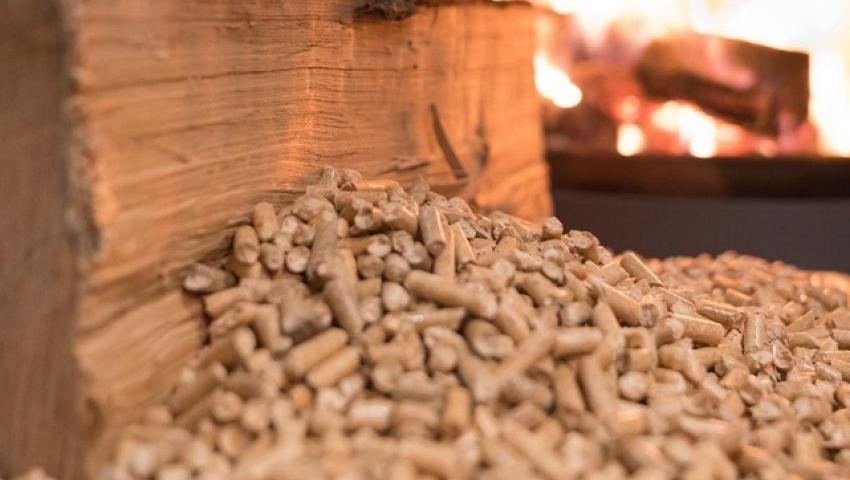WWF and Plovdiv Energy Agency explore possibilities for using biomass without cutting down the forest
The transition to a low-carbon economy can be achieved in a sustainable way

Source: iStock
WWF is taking a step forward in its work on combating climate change. For years, the conservation organization has been promoting a gradual transition to a low-carbon economy, with biomass burning playing a major role. However, now the experts of WWF Bulgaria are starting work on a new project, guaranteeing the sustainable utilization of biomass without additional risks of deforestation. In it, WWF will work together with specialists from Romania and Hungary, as well as with partners from the Plovdiv Energy Agency and Habitat Bulgaria. This was announced by the environmental organization.
Why is it important to find an alternative?
Existing energy production models present us with a number of risks, leading to compromises on air quality, destruction of natural habitats and growing energy poverty.
The problem of air pollution is becoming an increasingly sensitive topic in Bulgaria. Premature deaths in Bulgaria due to exposure to fine dust particles, nitrogen dioxide and ozone per 1 million inhabitants are among the highest in Central and Eastern Europe.
In addition to further deteriorating air quality, potentially increasing pressure on forests would also mean a severe blow to biodiversity. According to the 2020 WWF Living Planet report, the world's vertebrate population has shrunk by 68% in less than half a century. That is why the maintenance of living forests, which are an important part of terrestrial animal habitats, is particularly important.
At the same time, in rural areas and small towns in Bulgaria, the consumption of firewood is often combined with energy poverty. Surveys show that over 1/3 of Bulgarians cannot keep their homes warm enough.
"Forests have a positive effect on the climate by capturing carbon dioxide from the atmosphere. While the combustion of forest biomass can have a negative impact due to the release of significant amounts of carbon dioxide. Science is unanimous that in terms of emissions, the use of residual and waste biomass is a better option than fossil fuels. But we cannot afford to cut down forests indiscriminately, because achieving carbon neutrality by 2050, which is the EU's great goal, goes through increasing forest areas, and hence carbon sequestration capacity. Stricter national criteria for biomass utilization are needed in the countries of Central and Eastern Europe, including Bulgaria, where a significant increase in the use of biomass for energy needs is expected in the next 10 years, said Georgi Stefanov, Head of Practice "Climate and Energy" at WWF.
What will WWF do?
Following consultations with energy and forestry stakeholders and building on best practices from the region, WWF will develop recommendations for the introduction of stricter national criteria for the sustainable use of biomass. EU countries are obliged to review their climate plans for 2030 in 2023 and their long-term climate strategies for 2050 in 2025. As part of the problems leading to air pollution and energy poverty, they cannot addressed through legislative criteria, WWF also offers the following solutions:
1) creation of knowledge sharing centers
Online platforms will be developed where municipalities, local citizens and businesses can share their practical experience on how they have reduced biomass use or energy consumption. In this way, best practices with the potential to be implemented on a large scale can be gathered.
2) demonstration of solutions feasible at the local level
There are no solutions in Central and Eastern Europe to depend on firewood for energy-poor households. Therefore, such households from Bulgaria, Romania and Hungary will be able to apply for a program with a total budget of 100,000 euros to demonstrate feasible solutions at the local level.
3) providing assistance to municipalities
The collected good practices and experience will be selected in a special set of tools to help municipalities. It will be available in Bulgarian, Romanian, Hungarian and English.
The LIFE Bio-Balance project is funded by the LIFE Climate Management and Information Program. It will build on the results achieved by the Bio Screen project, implemented with the support of the German Federal Ministry of the Environment and the EUKI program.
